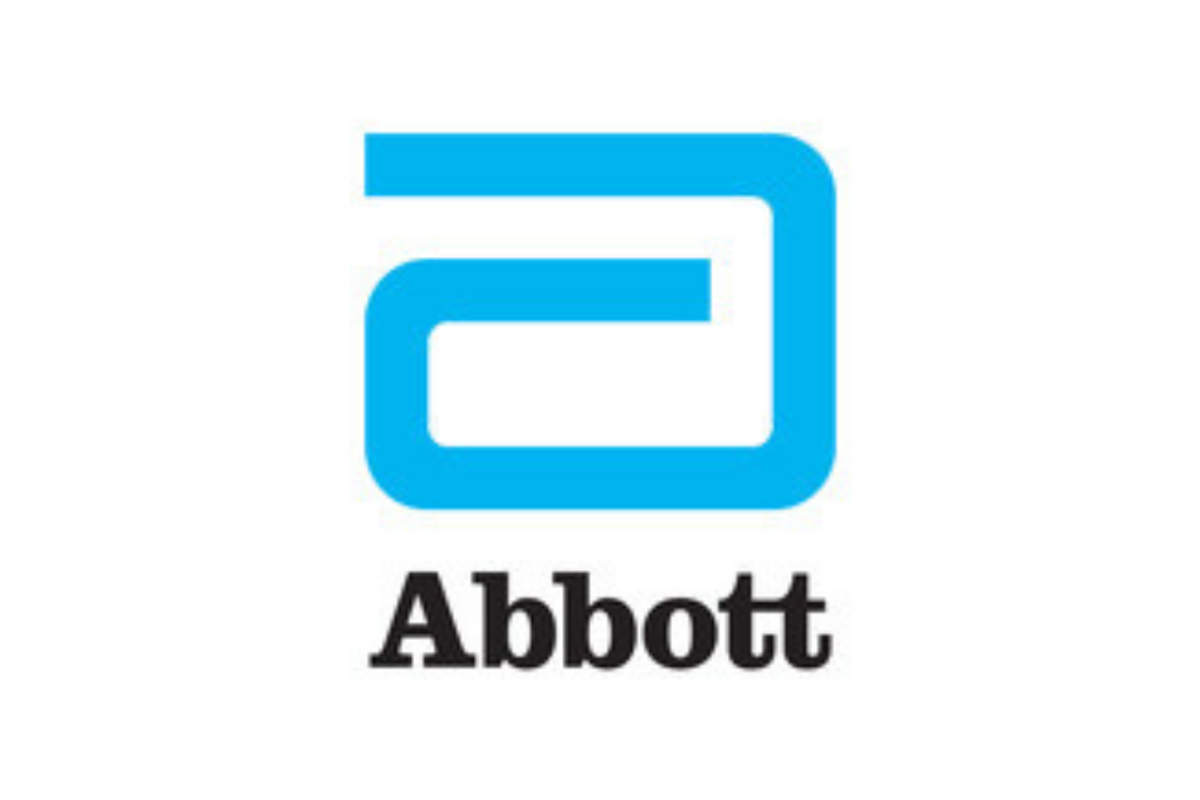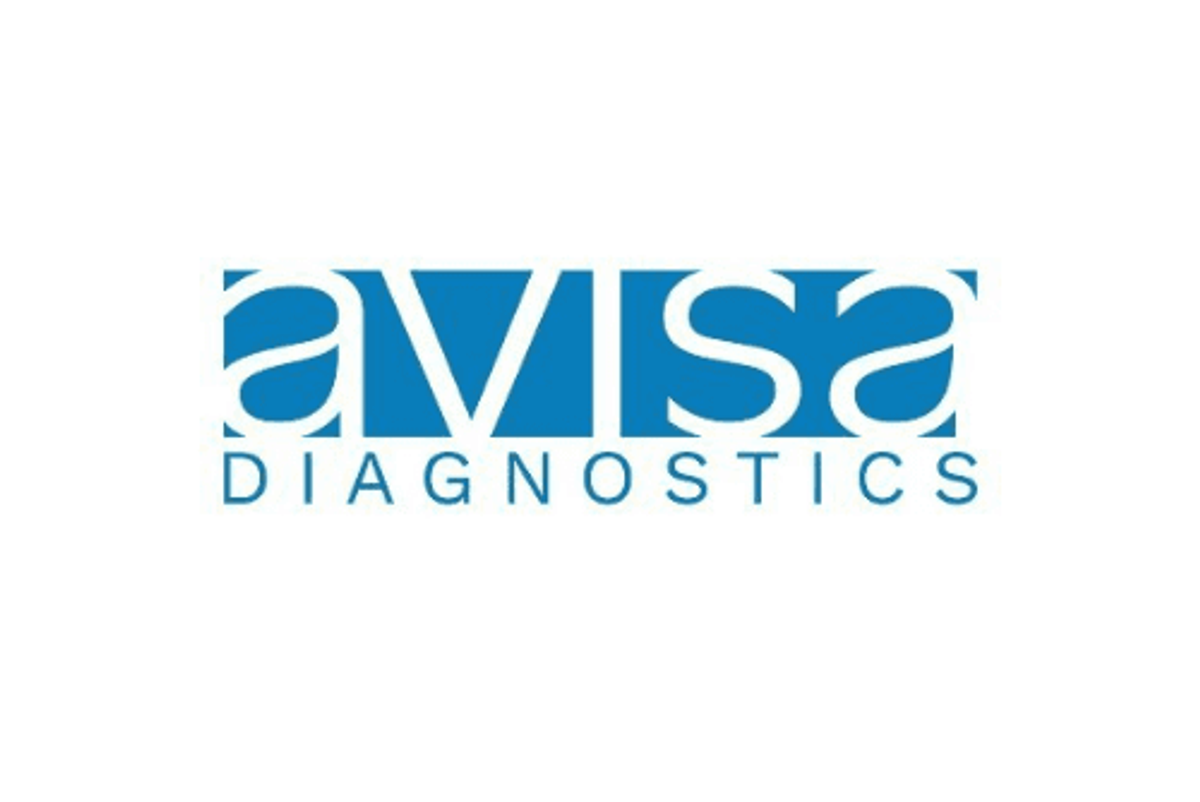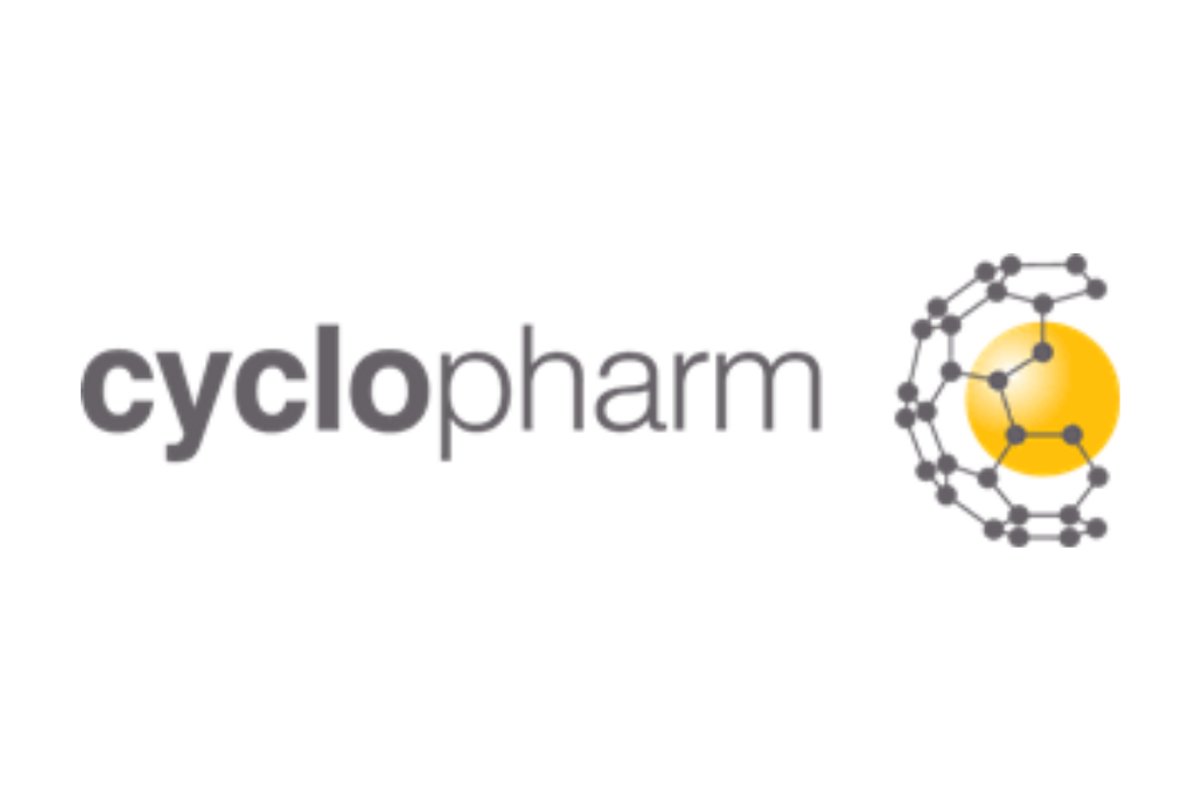- The study concluded that elevated levels of two proteins help predict how a person will recover from a traumatic brain injury (TBI), providing important information to determine appropriate care
- Researchers used Abbott's i-STAT™ TBI Plasma test – the only FDA-cleared rapid test on a portable analyzer for concussion – and Abbott's core laboratory ARCHITECT instrument to measure two biomarkers in blood plasma associated with brain injury
A new study published in The Lancet Neurology demonstrates the ability of two blood-based biomarkers to predict how someone will recover from traumatic brain injury (TBI). Testing for these two biomarkers in the immediate aftermath of an injury can help health care providers determine the best way to treat and care for patients.
This research shows that when a clinician conducts a blood test for these brain proteins soon after a possible injury, they quickly get a more accurate picture of how severe the injury is, the expected course of recovery and the longer-term implications of the TBI. The markers were measured using Abbott's i-STAT™ TBI Plasma test , as well as on the company's ARCHITECT core laboratory instrument using research prototype assays, both of which helped predict recovery.
Researchers measured levels of Glial Fibrillary Acidic Protein (GFAP) and Ubiquitin carboxy-terminal Hydrolase L1 (UCH-L1) present in blood plasma within 24 hours of injury. After testing biomarker levels on the day of injury, researchers evaluated patients six months later, tracking how individuals fared and how biomarker levels corresponded to their recovery.
"Brain injury biomarkers will one day be the standard of care to evaluate and treat patients," said Dr. Fred Korley , an associate professor of emergency medicine at the University of Michigan and the first author of the study. "Objective biomarker data can be profoundly helpful in determining prognosis for a patient, helping to gauge how severe a brain injury is, and can ultimately inform how best to counsel family members about care for their loved ones with brain injury."
In the study, researchers examined the day-of-injury blood tests of 1,696 patients with TBI and compared those to patients' six-month assessment, using the Glasgow Outcome Scale Extended, which grades outcomes and quantifies levels of disability following TBI. The researchers found that high values of the biomarkers, GFAP and UCH-L1, correlate with death and severe injury. The day-of-injury blood tests had a high probability of predicting death at six months, 87% for GFAP and 89% for UCH-L1; and a high probability of predicting severe disability at the same timepoint, 86% for both GFAP and UCH-L1.
GFAP and UCH-L1 are proteins found in glial cells and neurons and are released into the blood stream after the brain is injured. They can be measured with diagnostic testing. Abbott's i-STAT TBI Plasma test is the first rapid test on a portable analyzer to receive FDA 510(k) clearance and can help determine the need for a computed tomography (CT) scan. Test results are available approximately 15 minutes after a plasma sample is inserted in the test i-STAT cartridge.
Abbott is pursuing FDA clearance under Breakthrough Designation for the TBI test on its Alinity i and ARCHITECT core laboratory instruments, which will broaden access and ensure that tests are available both in the lab and in other settings where people need immediate answers and care. Abbott's TBI test on Alinity i is CE Marked and available outside the U.S.
The subjects for the study came from the Transforming Research and Clinical Knowledge in TBI (TRACK-TBI) study. TRACK-TBI collected and analyzed detailed clinical data from enrolled people across the injury spectrum at 18 U.S. level I trauma centers from February 2014 through August 2018 . The TRACK-TBI research team were among the first to demonstrate how this rapid TBI blood test can be used for the benefit of TBI patients in clinical care.
Abbott's TBI blood test was developed in collaboration with the U.S. Department of Defense (DoD) – which has been dedicated to developing a solution for the objective detection and evaluation of TBI for more than a decade. The DoD, through U.S. Army Medical Research and Development Command's (USAMRDC) U.S. Army Medical Materiel Development Activity (USAMMDA), played a critical role in developing the test run on Abbott's i-STAT TBI platform.
About i-STAT™ TBI Plasma
The i-STAT ™ TBI Plasma test measures the level of biomarkers associated with brain injury in the blood stream to assist in determining the need for a CT scan of the head. The i-STAT TBI Plasma test is used to help evaluate mild TBI and is only available for use on the i-STAT ™ Alinity ™ instrument. The test is to be used with plasma prepared from EDTA anticoagulated specimens in clinical laboratory settings by a healthcare professional. The i-STAT ™ TBI Plasma test is not intended to be used in point-of-care settings. More information is available at www.globalpointofcare.abbott/en/product-details/apoc/istat-tbi-plasma.html
About i-STAT™ Alinity™
The i-STAT™ Alinity is an easy-to-use, portable blood analyzer that delivers real-time, lab-quality diagnostic test results. Health care professionals simply apply a few drops of blood into a cartridge, insert the cartridge into the analyzer and can view results within minutes. Results can then be transmitted wirelessly. More information is available at www.globalpointofcare.abbott/en/product-details/apoc/istat-alinity.html
About Abbott
Abbott (NYSE: ABT) is a global healthcare leader that helps people live more fully at all stages of life. Our portfolio of life-changing technologies spans the spectrum of healthcare, with leading businesses and products in diagnostics, medical devices, nutritionals and branded generic medicines. Our 113,000 colleagues serve people in more than 160 countries.
Connect with us at www.abbott.com , on LinkedIn at www.linkedin.com/company/abbott-/ , on Facebook at www.facebook.com/Abbott and on Twitter @AbbottNews.
![]() View original content: https://www.prnewswire.com/news-releases/new-study-shows-abbotts-blood-test-for-concussion-could-predict-outcomes-from-brain-injury-and-inform-treatment-interventions-301603905.html
View original content: https://www.prnewswire.com/news-releases/new-study-shows-abbotts-blood-test-for-concussion-could-predict-outcomes-from-brain-injury-and-inform-treatment-interventions-301603905.html
SOURCE Abbott








